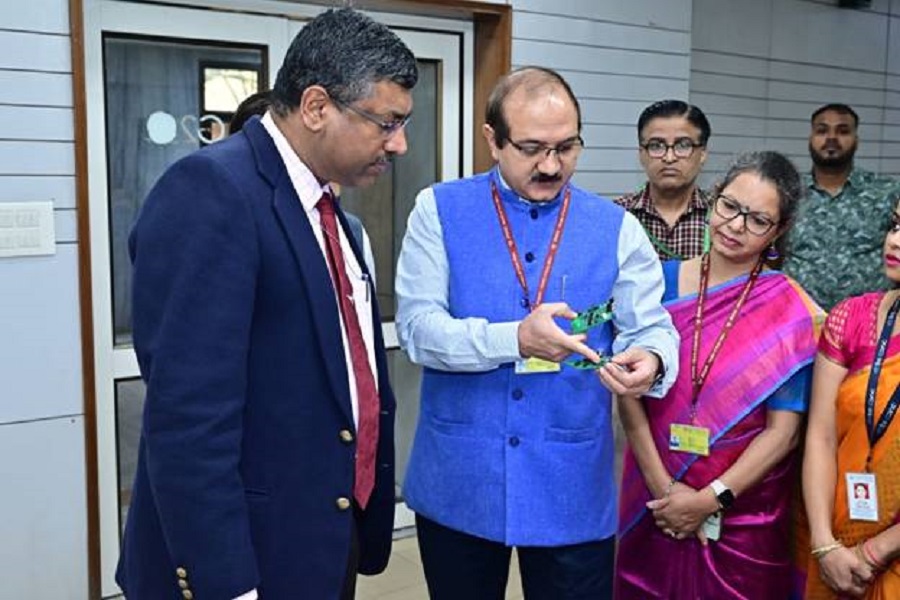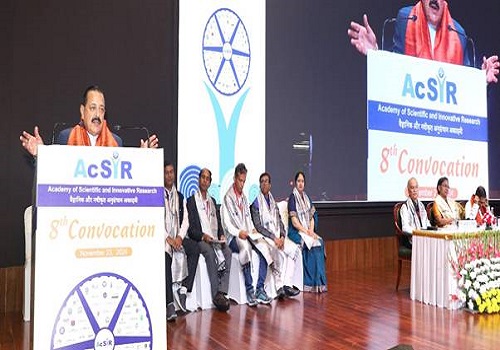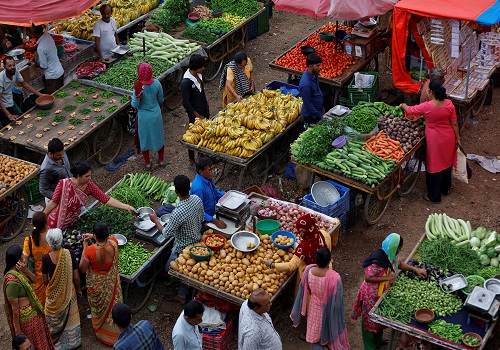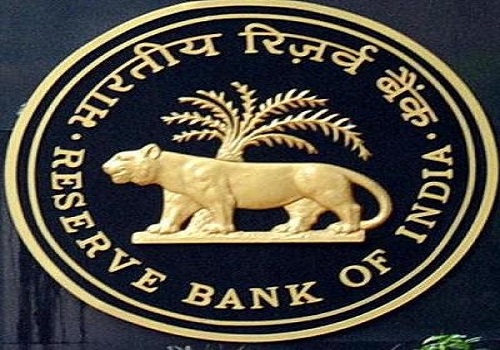Credit profiles of flexible packaging players will continue to remain subdued this fiscal: Crisil

Follow us Now on Telegram ! Get daily 10 - 12 important updates on Business, Finance and Investment. Join our Telegram Channel
Crisil ratings in its latest report has said that credit profiles of flexible packaging players will continue to remain subdued this fiscal on elevated debt levels, which had burgeoned, over the past three fiscals due to sizeable capacity expansions. However, steady domestic demand (accounting for around 75% of sectoral volumes) and negligible capacity additions will partially offset the demand-supply imbalance this fiscal. Consequently, capacity utilization levels shall improve by 400-450 basis points (bps) and realizations will stabilize driving a modest 7-8% revenue recovery. This comes on the back of a steep 10-11% decline last fiscal as excess supply resulted in sharp drop in realisations.
In the milieu, the report said the operating margin will recover by 150-200 bps from the decadal low of around 6% last fiscal, backed by stable raw material prices and improving capacity utilisation. Operating margins had dropped around 430 bps last fiscal owing to lower operating leverage and sharp fall in realisations due to oversupply. A CRISIL Ratings analysis of seven large flexible packaging players, accounting for over 60% of the domestic capacity, indicates as much. It said the industry primarily comprises bi-axially oriented polypropylene (BOPP) and bi-axially oriented polyethylene (BOPET) films. BOPET films have diverse end-use applications due to their higher oxygen-retention power, high tensile strength, longer shelf life and better print quality. BOPP films, with better moisture resistance properties and lower cost, are ideal for packaging food products.
According to the report, domestic demand, comprising nearly three-fourths of the sectoral volume, will mirror the fast moving consumer goods (FMCG) segment, which accounts for more than 80% of flexible packaging demand. Growth in the FMCG sector will be driven by improving rural demand, supported by expectation of a good monsoon and higher MSPs, and stable urban demand. On the other hand, persistent weakness in the European Union and currency-related challenges in African markets will restrict export growth to 2-4% despite demand from the US picking up.























